October is Health Literacy Month, and it serves as a reminder of how health literacy impacts not only ourselves but our community as a whole.
According to the CDC, nearly nine out of 10 adults in the U.S. struggle with health literacy, meaning that of the over 333 million people in the U.S., 300 million lack the knowledge needed to survive and thrive.
At Future Foundation, our PREIS Second Family Model focuses on helping students make smart decisions about academics, social behavior, and physical, nutritional, and sexual health — all to prepare them for future success.
What is health literacy?
Healthy People 2030 defines health literacy in two ways:
- Personal health literacy — The degree to which individuals have the ability to find, understand, and use information and services to inform health-related decisions and actions for themselves and others.
While personal health literacy includes understanding medical terms or reading prescription labels, it’s also…
- Understanding doctors’ instructions
- Interpreting nutrition labels
- Knowing when and how to seek medical care
- Make sense of health insurance options
- Organizational health literacy — The degree to which organizations equitably enable individuals to find, understand, and use information and services to inform health-related decisions for themselves and others.
The responsibility isn’t all on the individual; it’s also the job of doctors, organizations, and practices to ensure that patients are informed and confident about their health decisions.
- Is your doctor explaining instructions in a way you understand?
- Are they open to your questions and feedback?
These skills are essential for maintaining good health and preventing diseases.
Challenges and barriers to health literacy
While having health information is excellent, it’s not always accessible to those in underserved communities.
Whether it’s limited access to information, language barriers, socioeconomic factors, or cultural differences, these challenges can lead to misunderstandings about health conditions and a reluctance to seek medical care when needed.
Our goal at Future Foundation is to give our students the foundational tools they can use to improve the quality of their lives. With that foundational knowledge, we hope they will continue in their journeys toward further education in all aspects.
While some information can be overly complex, there are many small actions anyone, including our students, can take to use health literacy skills.
Simple health tips for everyone
- Drink more water
Why? Water is essential for bringing nutrients to your cells, getting rid of wastes, protecting joints and organs, and controlling body temperature.
If you experience frequent headaches, dry mouth, or feeling overly tired… you may be dehydrated. Your body needs more water to thrive!
Pro tip: Try to drink up to 8 glasses of water a day!
- Move your body
Why? Exercise is the solution and prevention of many things. It helps your physical, mental, and brain health!
Pro tip: Aim for 30 minutes of moderate exercise a day.
- Get more sleep
Why? When you sleep, your body is in a state of recovery. Your muscles will grow, your brain
will detoxify, and your mood will improve. Plus, sleep is an incredible tool for preventing diseases.
Pro tip: Teens are recommended to sleep 8-10 per day.
- Wash your hands
Why? Washing your hands after using the bathroom, before eating, and after touching common surfaces will reduce the risk of spreading germs that can cause you to get sick.
Pro tip: Wash your hands for at least 20 seconds.

- Eat colorful foods
Why? Eating diverse fruits and vegetables will give your body the nutrients and vitamins needed to conquer the day.
Pro tip: Aim for five portions of fruits and vegetables per day
The best part about each of these tips is they are either free or low-cost.
But you can take it a step further with a few more steps.
Health literacy in action
How else can you boost your health literacy skills?
Use websites like https://kidshealth.org/ to learn more about health topics
Don’t be shy to ask your doctors questions
Learn how to read and compare food labels (keeping an eye out for sugar, salt, and fat content)
The power of health literacy
Improving health literacy can have an incredible impact on the lives of our youth and their families.
When we understand health information better:
- We make healthier choices
- We feel more confident talking to doctors
- We can take better care of ourselves and our families
- We might even save money on healthcare in the long run
At Future Foundation, we’re here to support our students in their journeys. This month, try out some of these tips and see how they can improve your health and well-being. Remember, small steps can lead to big changes!
Disclaimer: This is not meant for informational purposes only and is not intended to replace professional advice from a healthcare professional.
